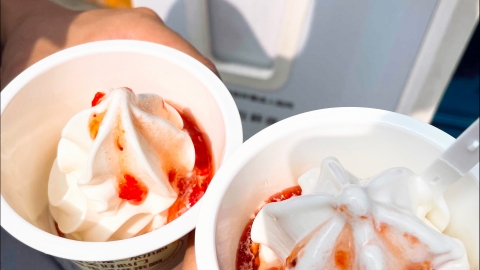Can patients with cholecystitis eat cold food?
In general, whether patients with cholecystitis can consume cold foods depends on the specific stage of their condition and individual tolerance. If discomfort occurs, it is recommended to seek medical attention promptly. The detailed analysis is as follows:

Patients during an acute flare-up should avoid cold foods. At this stage, the gallbladder is congested and swollen, and digestive function is weakened. Cold foods may stimulate the gastrointestinal tract and cause gallbladder contraction, potentially worsening symptoms such as abdominal pain and nausea. It is advisable to choose warm, light, and easily digestible foods to allow the gallbladder to rest and promote resolution of inflammation.
Patients in the remission or recovery phase may cautiously try small amounts of cold foods. If there are no obvious adverse reactions, they may opt for slightly cool, room-temperature foods such as mildly chilled fruits, but intake should be limited to prevent excessive consumption at one time. After eating, pay close attention to bodily responses; if abdominal discomfort occurs, stop consuming such foods immediately.
In daily life, regardless of the disease stage, patients should avoid eating ice-cold foods straight from the refrigerator, such as iced beverages or frozen fruits. Diet should follow the principle of gradual progression, focusing on mild, low-fat, and regular meals. Adjustments should be made based on personal tolerance. If uncertain about dietary choices, consult a doctor for personalized advice.







